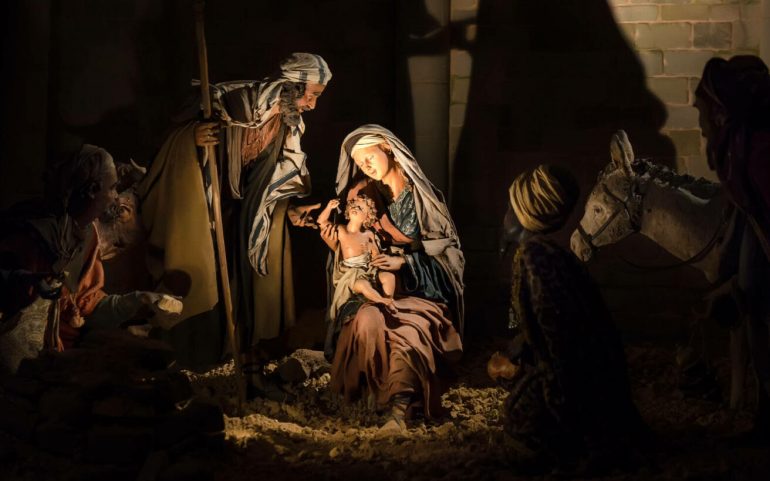Every year, all Christians celebrate the birth of the Holy Infant.
In fact, most Christian denominations agree that Christmas Day is December 25, according to the Gregorian Calendar.
But how do we know that this is indeed the day when the "birth in the flesh of the Lord and God and Savior Jesus Christ" took place, according to the Gospels?
Which give us neither a birth certificate nor any reference to the date.
Worse still, the early Christians did not even celebrate the birth of Jesus.
So is December 25th a theological convention? An arbitrary admission to the despotic celebration of the ubiquitous Christian world?
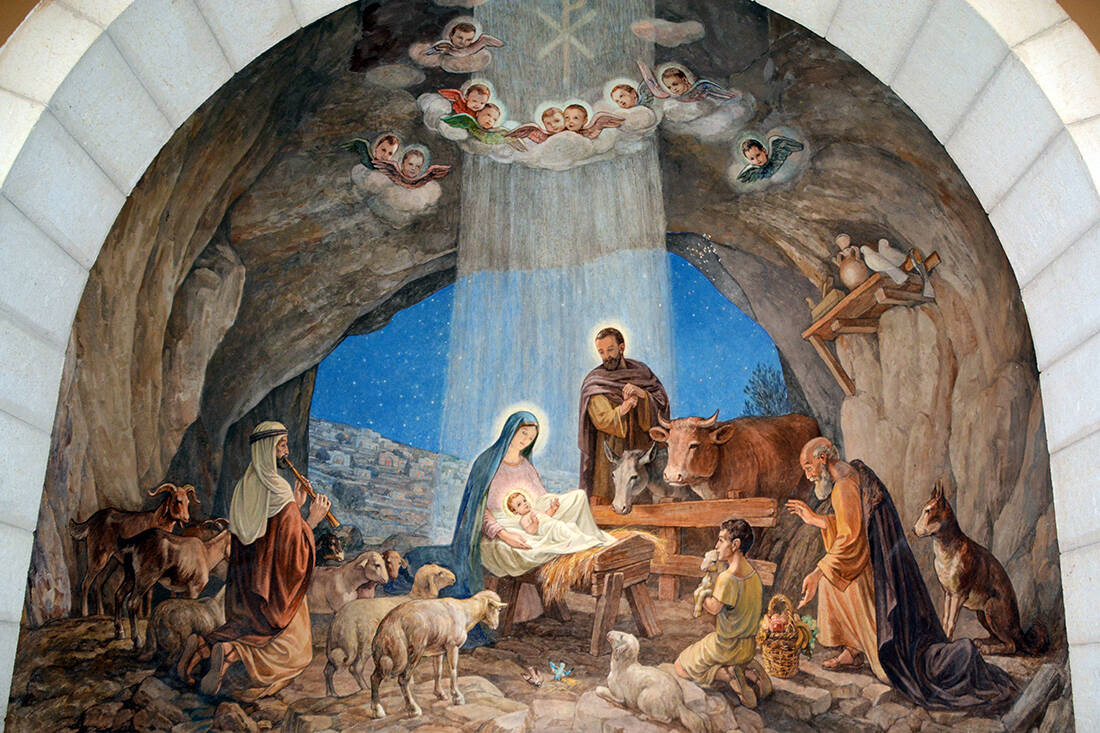
The payments of both Christmas as well as the date of Jesus' birth have their roots in the ancient Greco-Roman tradition.
Christmas celebrations probably date back to the 2nd century AD. and Scriptural scholars now have at least three possible theories for the choice of December 25th.
The historian and theologian Sextus Julius the African placed the Annunciation on March 25, the same date on which he attributed the creation of the world.
If the archangel Gabriel informed the Virgin Mary that he would incarnate Jesus Christ on March 25, it seemed logical for the Holy Infant to be born on December 25, that is, after 9 months of pregnancy.
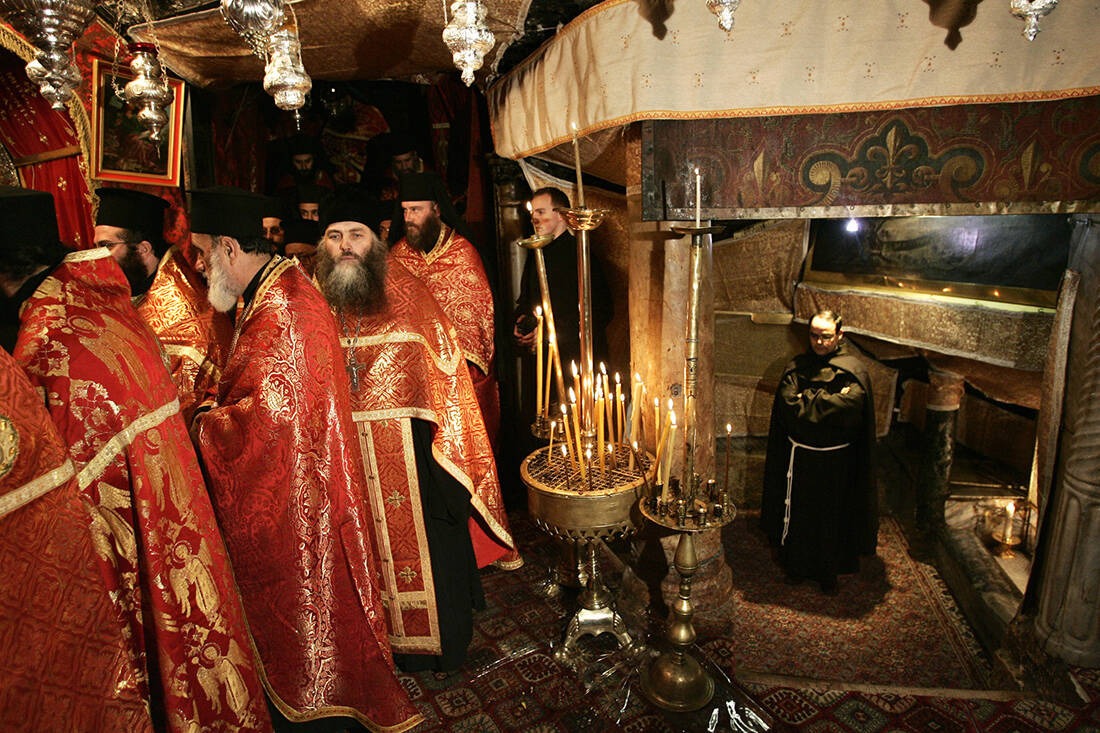
During the 3rd century, the Roman Empire, who had not yet officially embraced Christianity, celebrated every year the rebirth of the Invincible Sun (Sol Invictus), the winter solstice in a nutshell, on December 25th.
The feast not only marked the coming of the great days, but also followed one of the greatest feasts of the Romans, the Saturnalia. Saturnalia was very similar to the Kronia of the ancient Greeks.
The day was a public holiday. The Romans exchanged gifts and threw them in gambling and orgies afterwards. That is why, a little later, in the years of Christianity, the hedonistic Saturnalia would be identified in the collective fantasy with obscenity.
The third theory tells us that the choice of December 25 had to do with the birth of Mithras, the mysterious Indo-European deity worshiped on the borders of Roman territory at least from the 1st century BC.
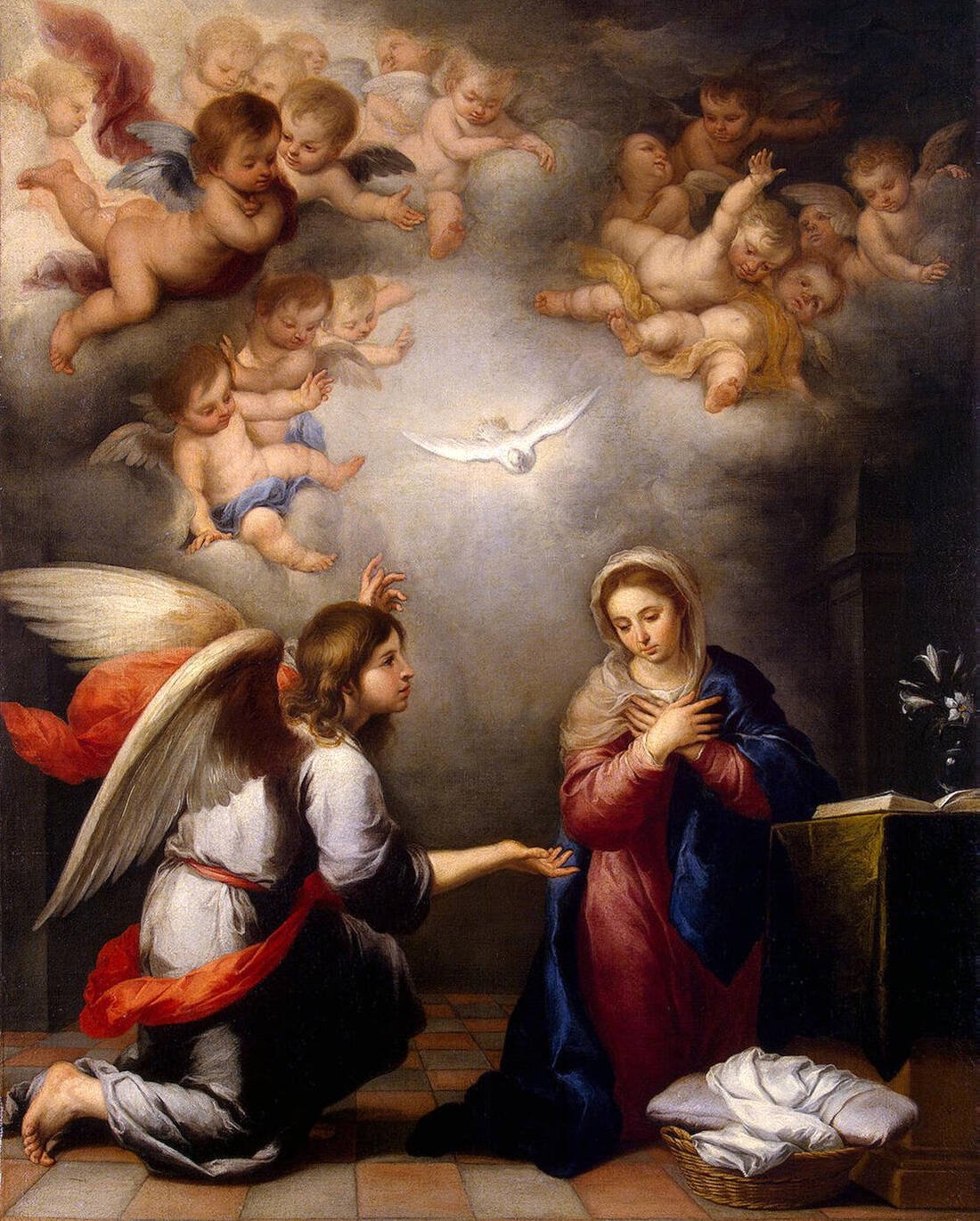
How much all this played a role until 336 AD, when Emperor Constantine I began to officially celebrate Christmas on December 25, continues to be the subject of historical research.
However, the first official reference to December 25 as the birthday of Christ actually comes from a Roman calendar of 336 AD.
Next to the lists of the dates of death of Christian bishops and martyrs, the author notes next to December 25: "natus Christus in Betleem Judeae". Christ is born in Bethlehem of Judea.
Constantine the Great was the first Roman emperor to embrace Christianity. And we also know that a year before the establishment of December 25, the Apostle Constantine convened the First Ecumenical Council in Nicaea (325 AD), where, among other things, the date of the celebration of Easter was set.
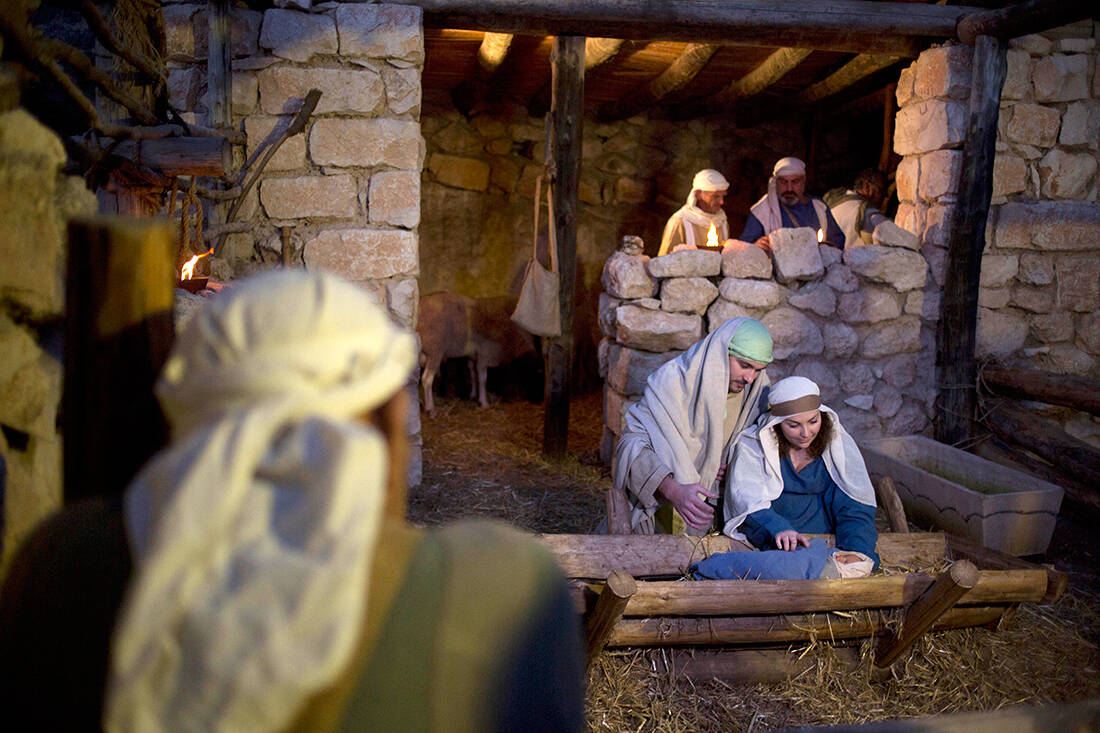
Romans who embraced the old religion even accused him of deliberately choosing December 25, as it was a religiously charged day for pagans. They saw a political decision behind the date he had chosen for the Christmas of the new religion.
The date was not accepted at Eastern Roman Empire despite 50 years later. Until then, Christians preferred to celebrate Christmas on January 6th.
Even so, it was not at all an important celebration of Christianity. It would take hundreds of years, until the 9th century, for Christmas to gain its glory…
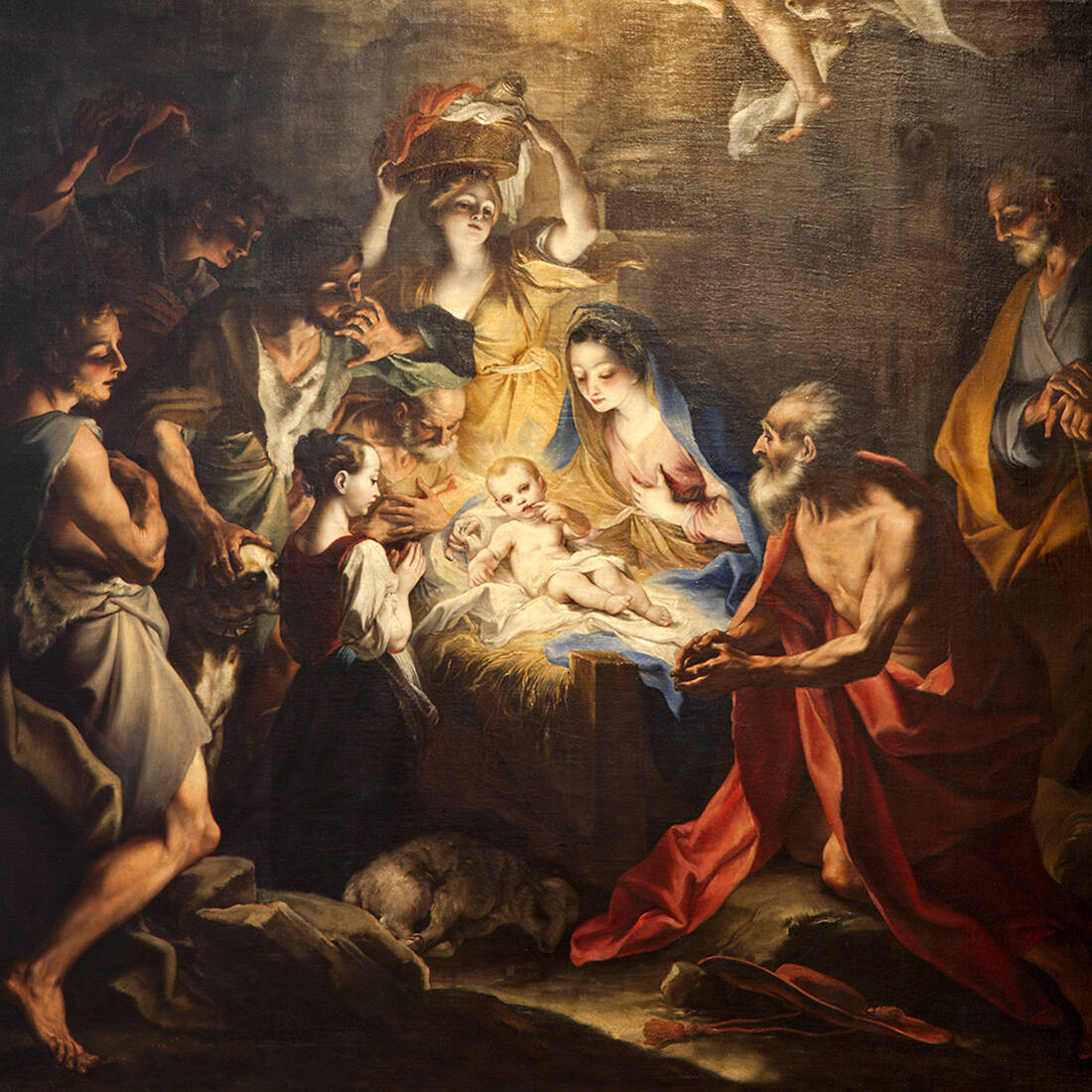
Another theologically and historically awkward issue has to do with the very date of Jesus' birth. After all, in the first three centuries of Christianity, the birth of Jesus was not even celebrated.
In the early years of the new faith, the two most important holidays were Epiphany and Easter. The Epiphany (or Epiphany, as it was called then) was celebrated on January 6 and sometimes was not just the feast of the baptism of Jesus, but also the "revelation of the Lord in the flesh", according to Saint Cassian.
When was Jesus born? The Bible does not give an exact date, and the Gospel passages even contain conflicting references. As has been argued, even the existence of shepherds with sheep is more reminiscent of spring than winter.
It is well known and well documented that it was Pope Julius I who instituted the ecclesiastical birthday of Jesus on December 25th. We are now in the middle of the 4th century.
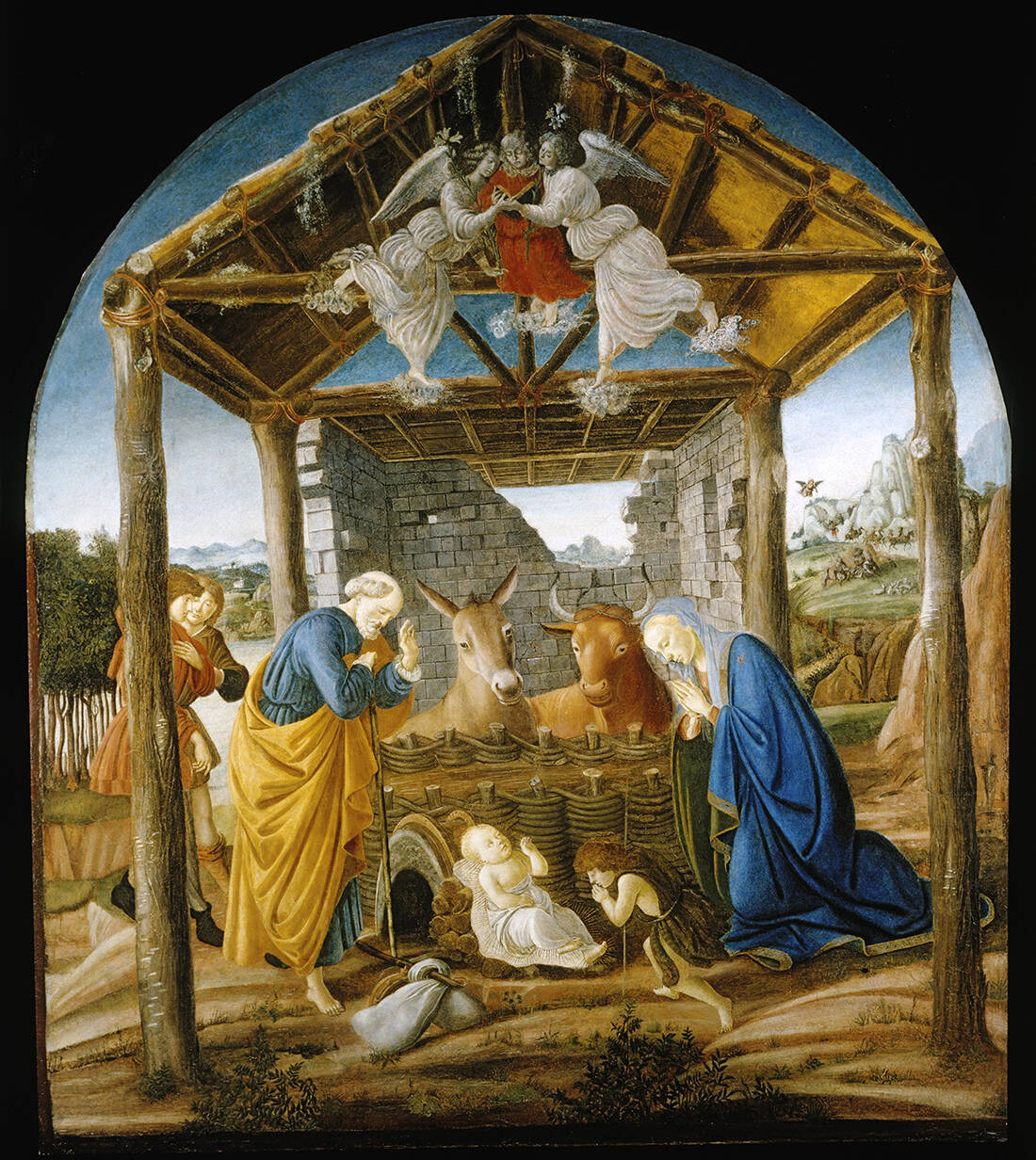
Most 3rd century Christian historians and theologians even tell us that for the Christian church the birth of Jesus was placed on the 6th of January.
The reason is not known, however it is speculated that it must have been related to the date they had chosen for Crucifixion, on April 6th. In those early Christian years there was still the old belief that prophets were born and died on the same day.
This ancient Jewish belief that prophets leave the world the same day they came was even used by 3rd century theologians to prove that Jesus was born on December 25th.
Tertullian and Hippolytus of Rome place the Crucifixion on March 25. It seemed appropriate for Jesus to have been born again on the 25th of December.
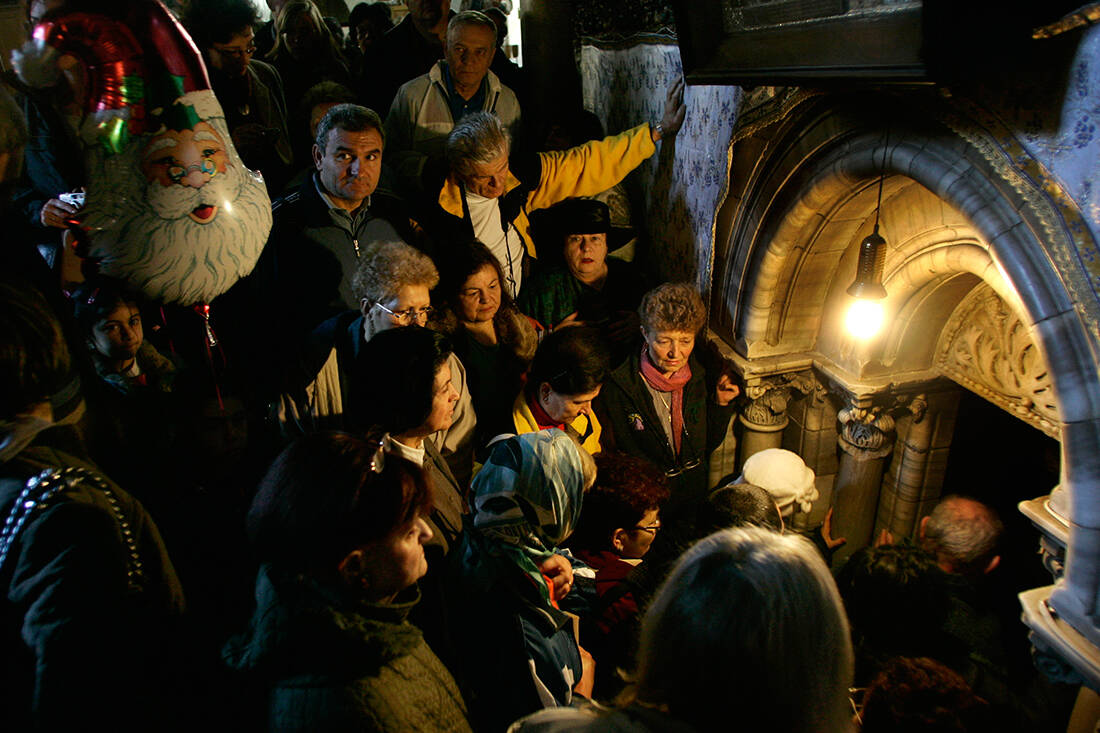
Historical research, however, argues that the choice of December 25 as the date of Jesus' birth by the Church of Christ at the end of the 3rd century must have had to do with the pagan customs of both the Romans (Saturnalia) and the worship of Mithras.
He can Christianity to become the official religion of the empire, however, the people had to be persuaded to embrace it wholeheartedly. Common festivals with older pagan religions may have shown common ground.
Even today there are Christian doctrines that consider the Epiphany and Easter to be the most important holidays.
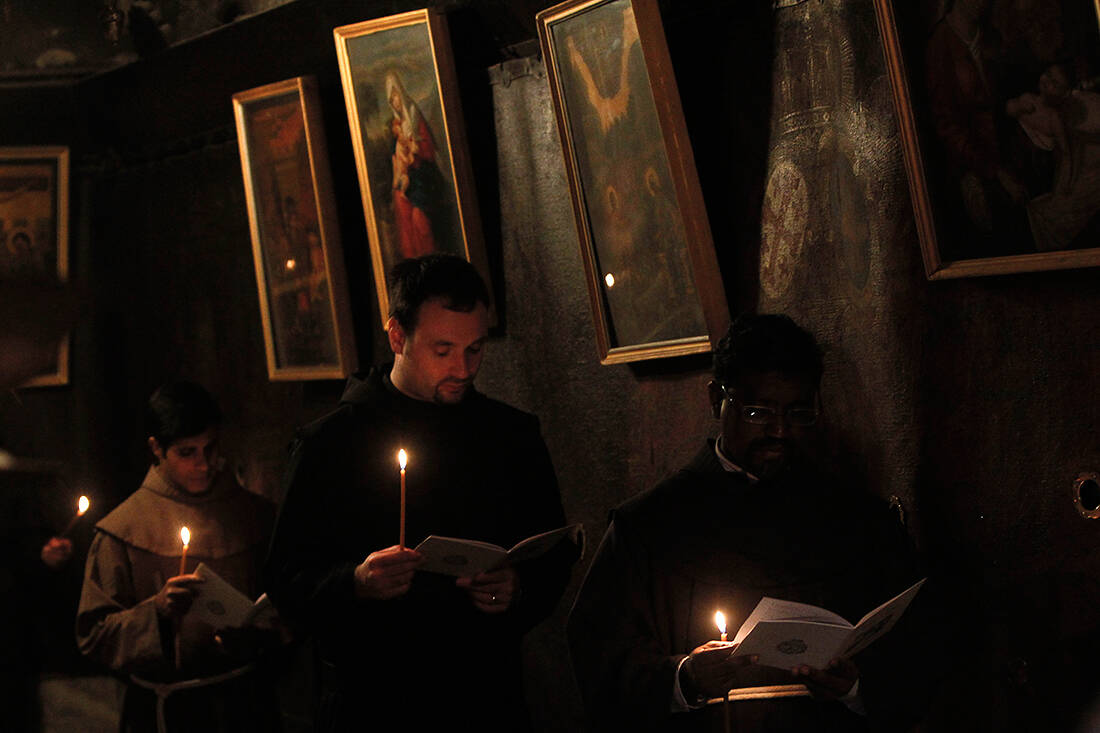
The Puritans of colonial New England even went so far as to ban Christmas (in the Anglican Church) because it was so closely associated with pre-existing pagan cults.
Even in the early years of the United States, the celebration of Christmas seemed like a British custom and fell into obscurity after the American Revolution.
It was not until 1870 that Christmas became a federal holiday on the other side Atlantic.
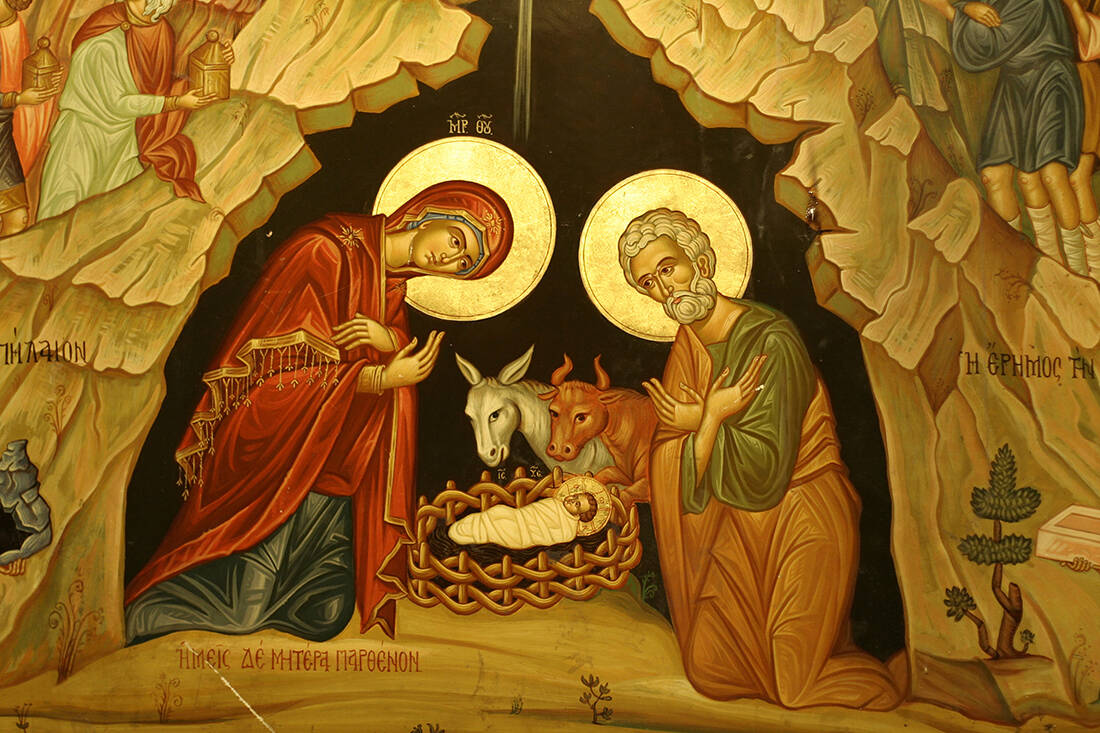
In comparative theology and religion, it is now widely believed that the choice of December 25 was an explicit attempt by the Christian church to adopt and assimilate the older pagan worship traditions.
Christmas was called the Feast of the Nativity at that time and that is exactly how the custom passed in Egypt in 432 AD, reaching the end of the 6th century in England.
After the middle of the 8th century, the celebration of Christmas was established even in the Scandinavian Peninsula. No one remembered that the peoples of northern Europe once used to celebrate Yule, the winter solstice, from December 21st for 12 days. And they celebrated it in a similar way.
By the Middle Ages, Christmas had completely replaced the older pagan festivals of December 25th. The date now belonged exclusively to Christianity.
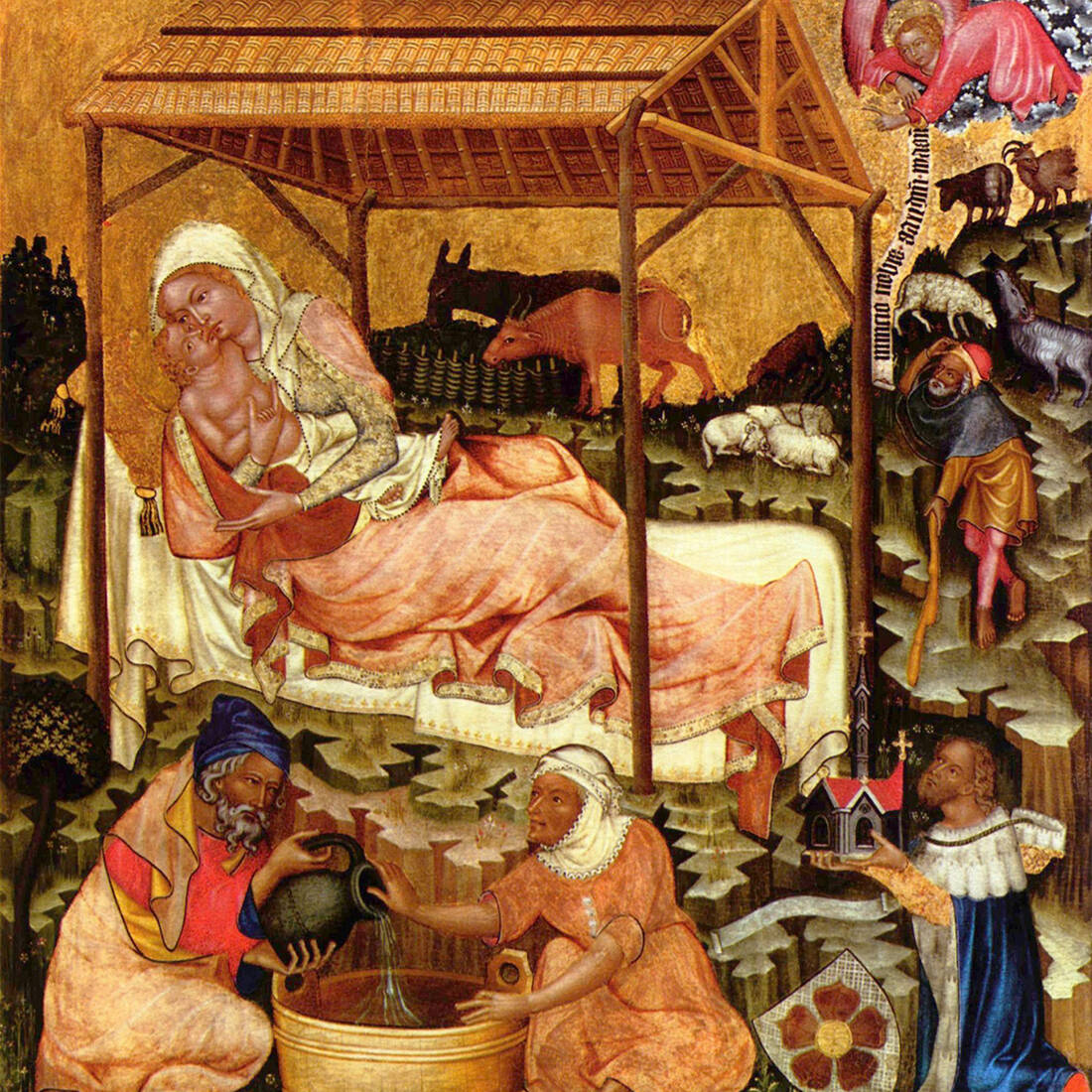
The Biblical Archaeological Society, however, describes the adoption of December 25 as "problematic", talking about a completely arbitrary admission.
Both because such a date is not mentioned in any paternal text (neither month nor even season) and because the analogies with the pagan festivals remain striking. Especially with the winter solstice of the Romans.
Saint Ambrose himself, the Christian bishop of Milan and a very important ecclesiastical figure of the 4th century, described Jesus as the true Sun, whose radiance overshadowed all the fallen gods of the old faith.
The ecclesiastical writers of the time do not, of course, speak of the calendar tricks of Christianity. They believe that the choice of December 25 was not a work of the official religion, but a divine coincidence, a divine omen that the Ιησούς was chosen above and beyond the false gods of the pagans.
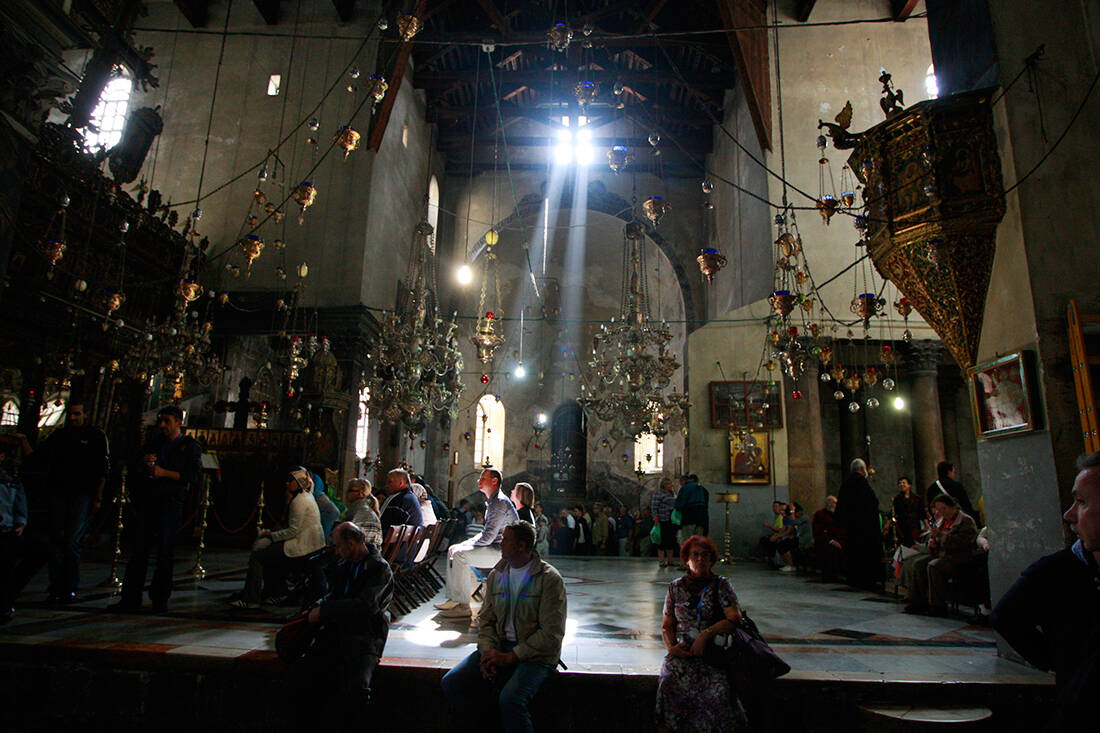
Reconstructing the celebration of Christmas is a difficult and twisted task and we may never finally know how and why.
What is important to mention, however, is that from the end of the 4th century the Christian bishops performed services at the end of Rome on December 25th. And the more Christianity was established in the consciences of the people, the more the old customs and traditions receded.
Today, Christmas is not only an important religious holiday for Christians, but also a real cultural and commercial phenomenon on a global scale.
And of course no one thinks of celebrating them another day…
